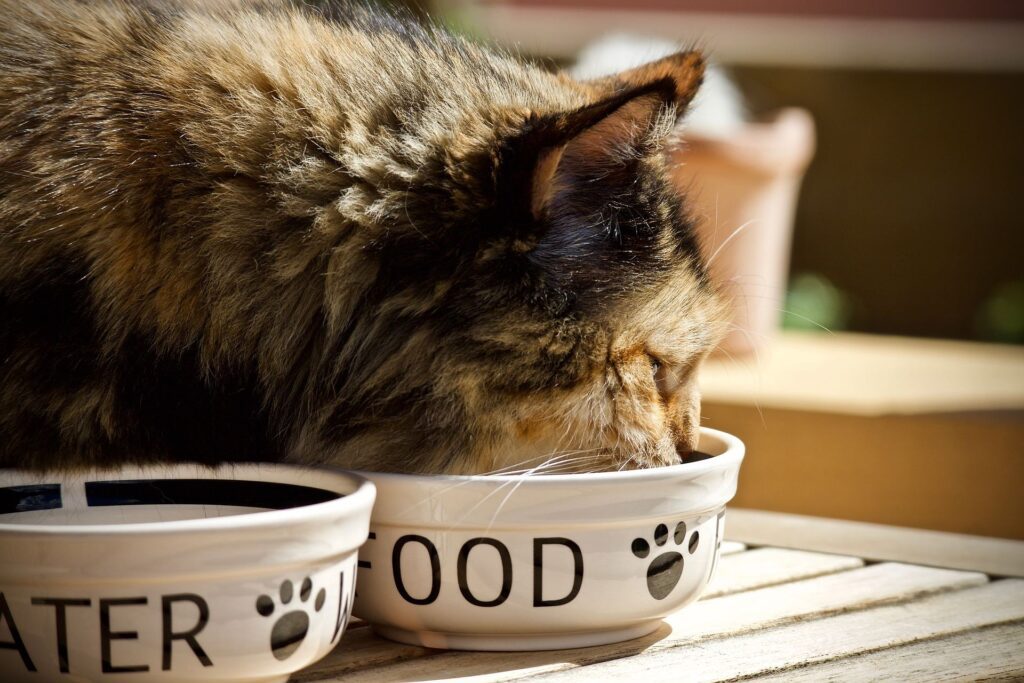You may take a daily multivitamin. Many adults do, along with extra vitamin D, vitamin C, iron, or any number of other dietary add-ons to help balance – or supplement – your health. But what about your pet? Does your dog or cat need to take vitamins?
Basic Nutrition
Like us, dogs and cats must get certain vitamins and minerals from their food, because their bodies don’t produce enough of them. But there is a key difference. Humans have lots of choices over what foods to eat – or not eat. So sometimes, our diets are not as balanced as our bodies need them to be, so we even things out by taking vitamins.
But our pets generally only eat what you, their pet parent, provide for them. They can’t decide to get a burger instead of a salad. If your pet is generally healthy and eats a commercial pet food labeled “complete and balanced,” they should not need added vitamins. Those foods are formulated specifically to provide pets with the proper balance of nutrients for them.
Supplements are meant to correct deficiencies in diet, and unless your veterinarian has looked for and noticed a vitamin deficiency, your pet shouldn’t need them.
There are certain circumstances where supplements might be recommended:
- If your pet has a condition that doesn’t allow their body to absorb certain vitamins from food properly, they may require injections of those vitamins to stay healthy.
- If your pet has a health condition where they could benefit from higher levels of certain vitamins. For example, your veterinarian may recommend adding Omega-3 fatty acids like fish oil to your dog’s diet if she suffers from sore joints or arthritis.
Be Cautious
This is very important: there is no regulation of the pet supplement industry, so anyone can slap a label on a bottle and claim that their product will help your pet live a longer, healthier life. There is very little data to back up those claims, in most instances, so before you consider adding anything to your pet’s diet, please consult your veterinarian. Giving your pet more vitamins and minerals than they need – or worse, giving them supplements intended for human use – can do much more harm than good. Too much calcium or vitamin D, for example, can be toxic for cats.
Your veterinarian will be able to evaluate your pet’s health, consider their diet and exercise, and make the best recommendations for your situation. They can also recommend products that are proven to work well for your pet’s life stage and medical condition.
If you have any questions about whether your pet would benefit from adding vitamins or supplements to their diet, call us at (844) 937-4424.




